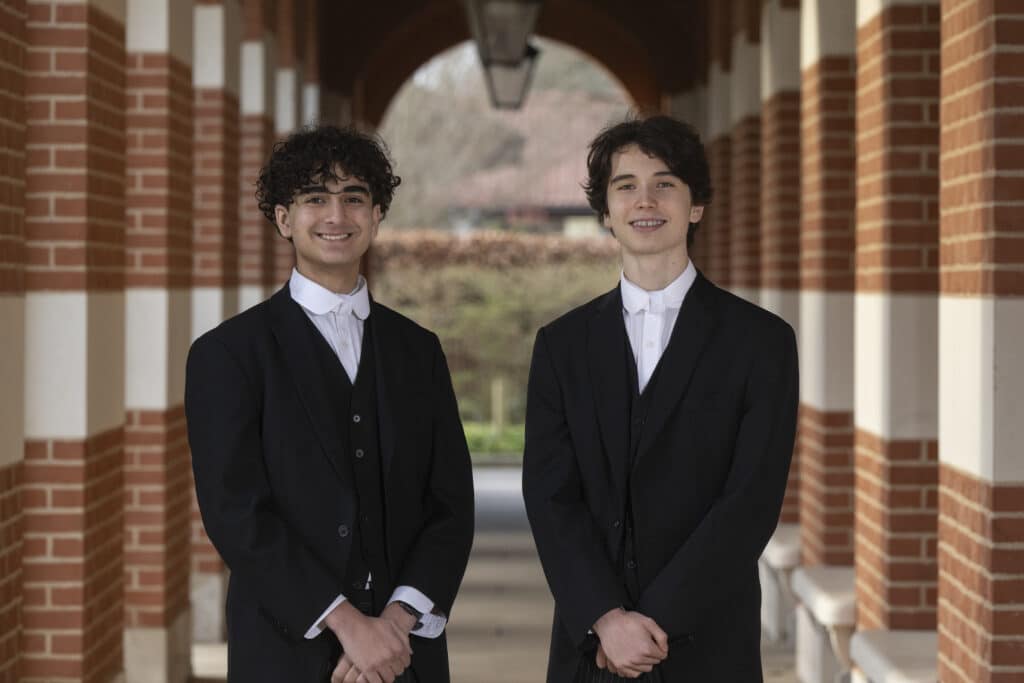Earlier this month the Wotton’s Society, Eton’s Philosophy society, was fortunate to host Professor Oliver O’Donovan for this summer’s annual Parfit Lecture. His talk centred around the question of whether ‘common moral ground’ was philosophically possible in modern political discourse.
Professor O’Donovan posited that in order to dissect this question, we must first understand whether our agreements are more basic than our disagreements, which would, in turn, allow for dialogue to take place with a shared understanding of values.
On this basis, a discussion might evolve into a mediation between shared normative ethical principles. He highlighted that there appears to be common moral ground in history and anthropology; however, on closer inspection, this is subject to interpretation, varying priorities, and is historical fact rather than present possibility!
This question carries such great philosophical weight that it is perhaps the very possibility of unsolvable disagreement that might be responsible for widespread political tension and a general feeling of anxiety in political discussions.
In order to delineate categories of disagreement, Professor O’Donovan introduced Type A and Type B agreements. Type A agreements are agreements about concepts, ideas, and beliefs, whereas Type B agreements are about what to do, agreements of action. Our society is based, seemingly, on Type B agreements. He showed that Type B agreements are inevitably based on Type A agreements. Therefore, truth and community, although both fundamental to human nature, are not always reconcilable.
He also challenged the idea of ‘foundationalism’, the idea that inferential knowledge provides the basis for justified belief. Theological ideas such as ‘Original Sin’ and other philosophical motifs might lead one to the conclusion that morality cannot be derived from axioms, but instead that moral living is a learned behaviour based on attempts to correct deficiency. In other words, because we can hope to learn moral behaviour, perhaps we can also learn to share those values.
Whilst common moral ground is not an inherent attribute of society, or even necessarily a possibility in every society, the fact that it has been found in the past provides hope for the idea that it can once again be found in the near future.
Many thanks to Professor O’Donovan for his illuminating talk.



